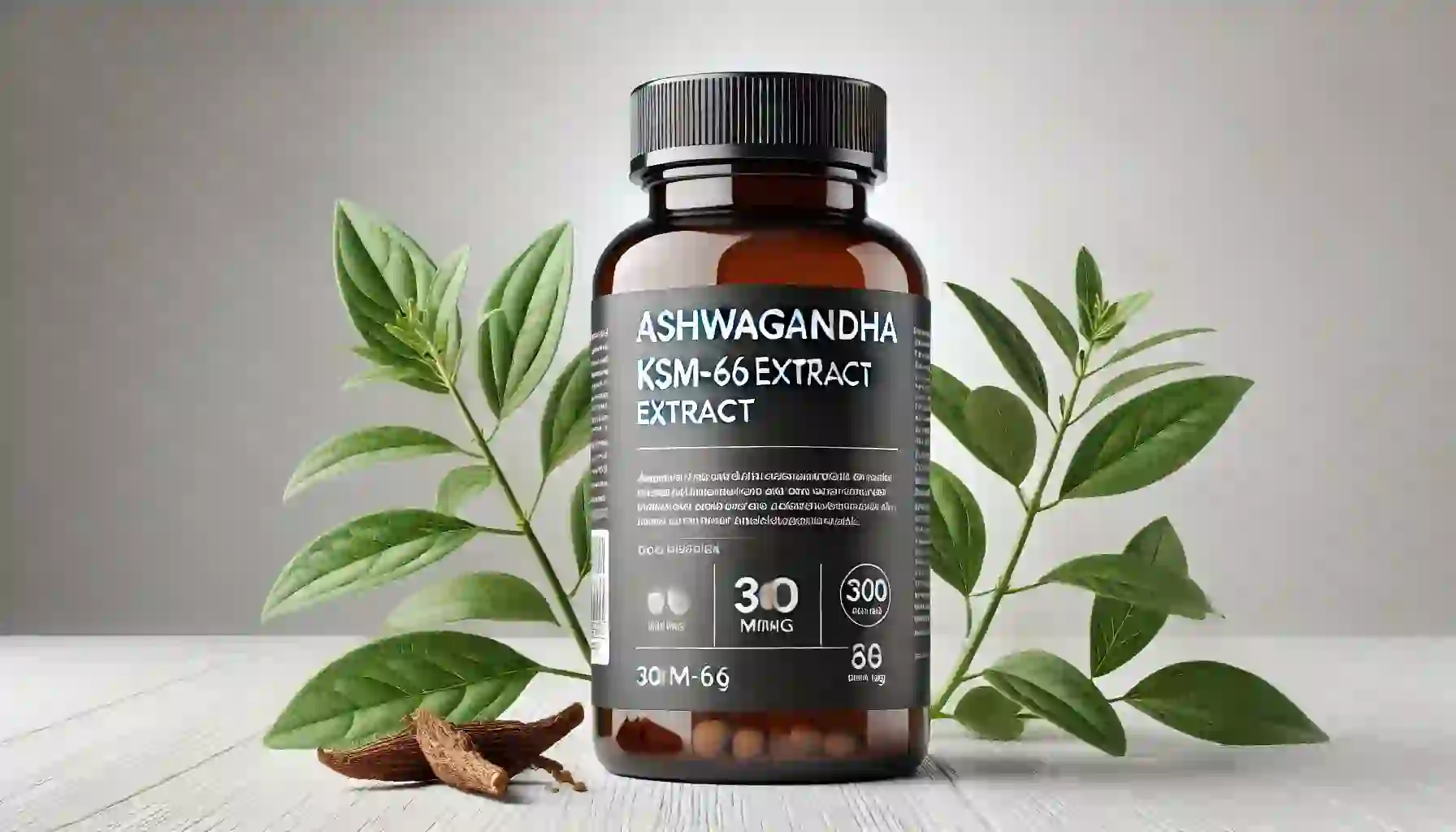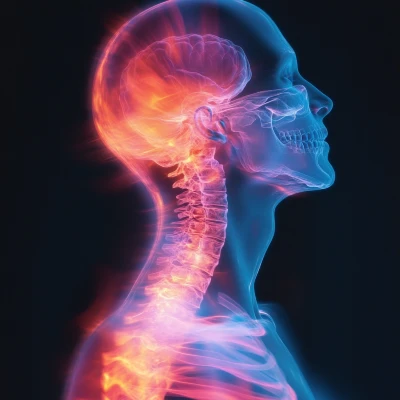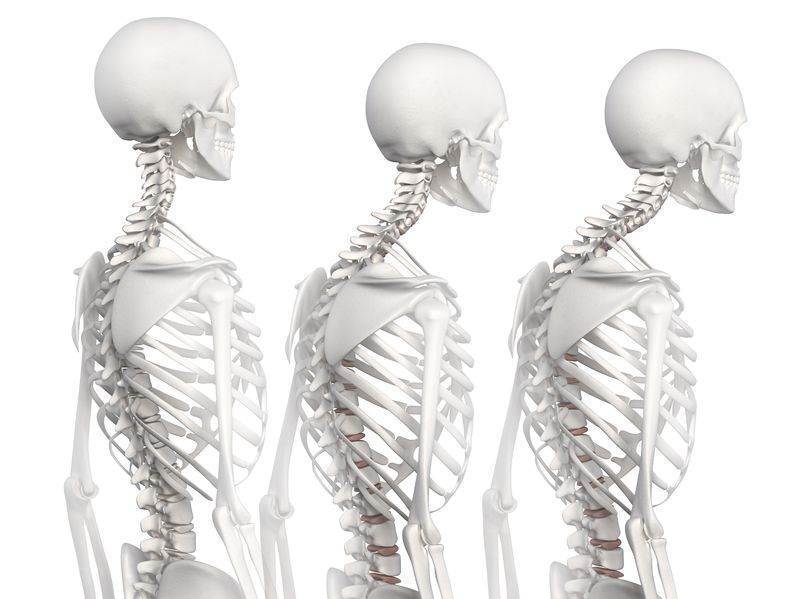Bodi Empowerment
Chiropractic //
Understanding Concussion Anxiety: Supplements That Help

Supplements for Concussion Anxiety
Concussion-related anxiety can often benefit from the additional support of supplements designed to enhance sleep quality, reduce anxiety, alleviate feelings of being overwhelmed, and improve stress tolerance.
Work and Sports Performance
This type of anxiety can manifest in various ways, including persistent headaches, neck pain, brain fog, and concerns about returning to your previous performance levels at work or in sports. By addressing these symptoms holistically, you can better support your recovery and regain confidence in your daily activities.
1. Ashwagandha (KSM-66)
- Description: Ashwagandha (Withania somnifera) is an adaptogenic herb used in Ayurvedic medicine. KSM-66 is a specific, high-concentration extract known for its potency.
- Benefits: Ashwagandha helps the body manage stress by lowering cortisol levels, the hormone responsible for stress. It has anxiolytic (anxiety-reducing) properties and can improve overall mood and cognitive function.
- Usage: The recommended dosage of KSM-66 Ashwagandha varies, but it typically ranges from 300-600 mg per day. It is often taken in divided doses, such as 300 mg in the morning and 300 mg in the evening.
- Safety: Ashwagandha is generally well-tolerated, but some people may experience mild side effects like digestive upset. It’s advisable to consult with a healthcare provider before starting ashwagandha, especially if you are pregnant, nursing, or have autoimmune conditions.

2. Magnesium
- Description: Magnesium is a vital mineral involved in numerous biochemical reactions in the body, including those that regulate mood and brain function.
- Benefits: Magnesium has been shown to help reduce anxiety by modulating neurotransmitter activity and improving brain plasticity. It is particularly effective for individuals with magnesium deficiency, which can exacerbate anxiety and other neurological symptoms.
- Forms: Magnesium comes in various forms, with magnesium glycinate and magnesium citrate being commonly recommended for anxiety due to their good absorption and calming effects.
- Usage: The typical dosage for magnesium supplements ranges from 200-400 mg per day, taken with meals to improve absorption and minimize digestive discomfort.
- Safety: While magnesium supplements are generally safe, high doses can cause side effects like diarrhea. It’s important to stay within the recommended dosage and consult with a healthcare provider before starting supplementation, especially if you have kidney issues.
3. L-Theanine
- Description: L-Theanine is an amino acid found naturally in tea leaves, particularly green tea. It is known for its calming properties without causing drowsiness.
- Benefits: L-Theanine promotes relaxation and reduces stress by increasing the production of calming neurotransmitters such as GABA (gamma-aminobutyric acid), dopamine, and serotonin. It can help improve focus and mental clarity while reducing anxiety.
- Usage: The typical dosage for L-Theanine ranges from 100-200 mg per day. It can be taken as needed for acute anxiety relief or daily for ongoing support.
- Safety: L-Theanine is generally considered safe with few reported side effects. It can be a good option for those looking for a non-sedative way to manage anxiety.

4. Other Supplements for Anxiety
- Omega-3 Fatty Acids:
- Description: Found in fish oil and flaxseed, omega-3 fatty acids are essential for brain health and function.
- Benefits: Omega-3s, particularly EPA and DHA, have been shown to reduce inflammation and support neurotransmitter function, which can help alleviate anxiety.
- Usage: The recommended dosage varies, but typically ranges from 1,000-2,000 mg of combined EPA and DHA per day.
- Safety: Generally safe, but high doses can increase the risk of bleeding. Consult with a healthcare provider if taking blood-thinning medications.
- Vitamin B Complex:
- Description: B vitamins, including B6, B12, and folate, play key roles in brain health and the synthesis of neurotransmitters.
- Benefits: Adequate levels of B vitamins can help reduce symptoms of anxiety and depression by supporting the nervous system.
- Usage: A B-complex supplement usually provides the necessary daily intake of B vitamins. Follow the dosage instructions on the supplement label.
- Safety: Generally safe, but very high doses of certain B vitamins can cause side effects. It’s best to stick to recommended dosages.
- Probiotics:
- Description: Probiotics are beneficial bacteria that support gut health.
- Benefits: There is growing evidence that gut health is linked to mental health, with probiotics potentially reducing anxiety by improving gut-brain communication.
- Usage: A typical dosage is 1-10 billion CFUs (colony-forming units) per day.
- Safety: Generally safe, but people with compromised immune systems should consult with a healthcare provider before starting probiotics.
- Feel free to share your questions, thoughts and experiences in the comments below, and don’t forget to connect with us on Facebook for more updates and tips on improving your shoulder health. We’d love to hear your opinions on who you consider the best Toronto chiropractor.
Dr. Ken, has been recognized as the Best Toronto Chiropractor in 2024, 2023, and 2018, here in downtown Toronto. As a sports chiropractor, he excels in treating a wide range of conditions including concussions, temporomandibular joint disorders (TMJ), sports-related injuries, and spinal issues. Beyond his clinical skills, Dr. Ken is an accomplished athlete, having represented Ontario in the Canadian Judo Championships and completed the Toronto Marathon on two occasions. He employs the innovative C3 Program to provide targeted and effective care to his patients, ensuring a holistic approach to their well-being and athletic performance.








